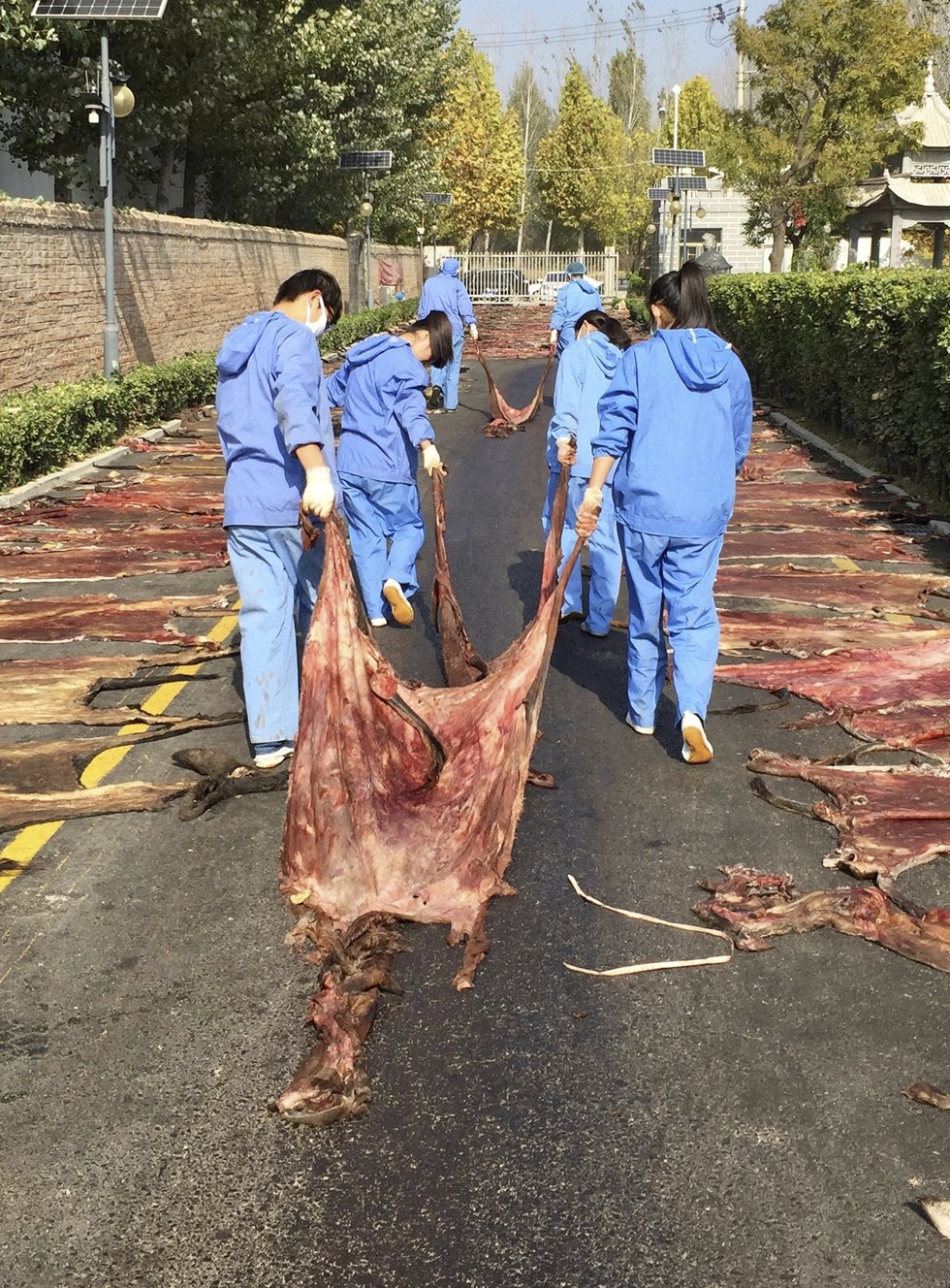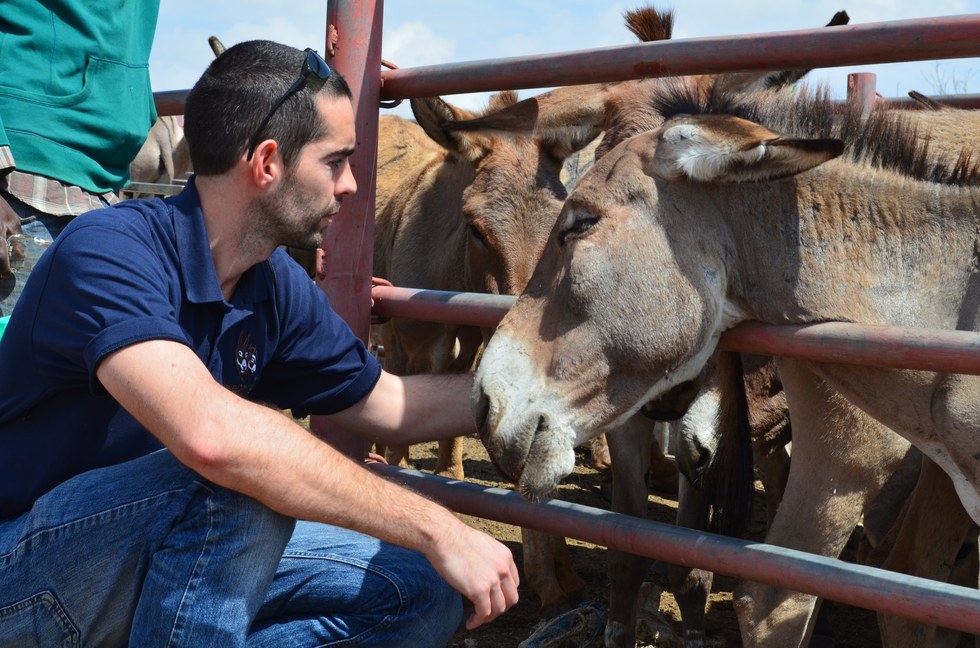
A shocking new demand for a kind of gelatin is killing millions of donkeys every year. The growing trade is known as “ejiao,” which refers to the glue that is created from the donkey’s skin, also known as “colla corii asini” or “donkey hide glue”. A new report from The Donkey Sanctuary in the UK has demonstrated how extensive this trade is, moving from a centuries-old positive relationship between people and donkeys, both for practical purposes and as smart and loyal pets, to a highly negative one that is killing unthinkable numbers.
Statistics from the report show that the global trade is providing around 1.8 million donkey skins every year. However, more information is emerging from the new trend, and numbers of donkey deaths to satisfy the demand could be between 4 million and 10 million. At the moment, more precise numbers are unclear as the trade is difficult to track and has never before been studied at a large scale.
Mike Baker, the chief executive of The Donkey Sanctuary, told The Dodo in a statement, “Our report reveals the shocking scale of this global trade and how it’s causing a chain of welfare issues for the donkeys at every step, from sourcing to transport and finally to slaughter.” The report continues to explain the phenomenon of obtaining the gelatin, stating, “Ejiao is a medicine with ancient roots and has been promoted as a product worthy of emperors.” The traditional herbalists in China believe that the substance can “increase libido, slow aging and prevent disease”, although it has never been recognized as having any medicinal properties by western medicine.

The trade has also had serious implications on the lives of rural families who rely on donkeys, as the belief that the donkey skins hold medicinal values for the Chinese mean that their value has increased. As a consequence of this, not only are they becoming more expensive for families, but they are also being stolen straight out of families’ gardens and being slaughtered for their skins.
The exports of donkey skins are coming from many places all over the world, including South America and Asia, although the main source is coming from the African market. In Africa, they are often being stolen and crammed together without shelter from the hot sun, whilst being deprived of food and water as they wait to be slaughtered. After their skins are removed the bodies are often burned. Alex Mayers, program manager at The Donkey Sanctuary, said whilst in a donkey market in Tanzania recently, “The market is far worse than I expected. There are about 700 donkeys basically coming here to wait to die. There’s no food or water. The donkeys are very stressed. There are lots of signs of dehydration and hunger”.
Despite the horrific growing trade, countries are recognizing the issue and taking action against it. Many countries, including the African countries of Niger and Burkina Faso, as well as Pakistan, in Asia, have already banned the exports of donkey skins, whilst the Donkey Sanctuary is currently calling for a worldwide stop to the trade. Suzi Cretney, public relations manager for The Donkey Sanctuary, told The Dodo, “In particular, we urge other countries affected by this trade to follow the lead taken by Burkina Faso and Niger and ban the slaughter and export of donkeys for their skins”, whilst adding that public awareness about where the gelatin product really comes from is key to stopping the trade.
Chief executive of The Donkey Sanctuary, Mike Baker, added,
“We are asking countries to follow the lead by Burkina Faso and Niger to end the slaughter and export of donkeys for their skins because it could help thousands, if not millions of donkeys — their welfare, and their real value supporting people’s livelihoods is at risk”.

What are your thoughts? Please comment below and share this news!
This article (Millions Of Donkeys Are Being Slaughtered Every Year For Chinese Medicine) is free and open source. You have permission to republish this article under a Creative Commons license with attribution to the author and TrueActivist.com


